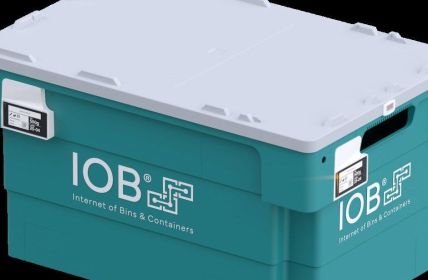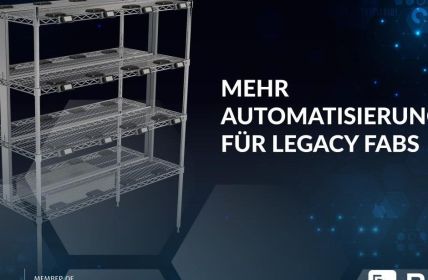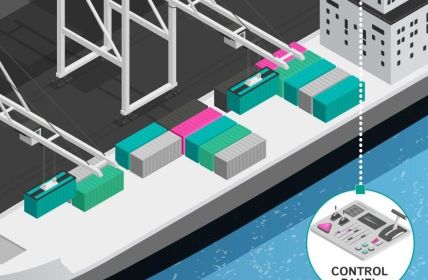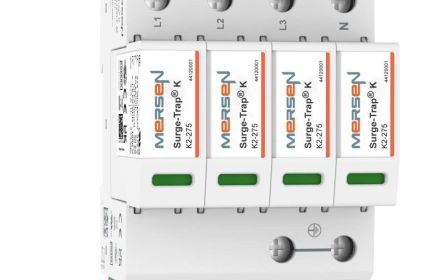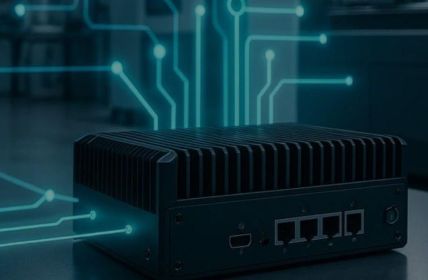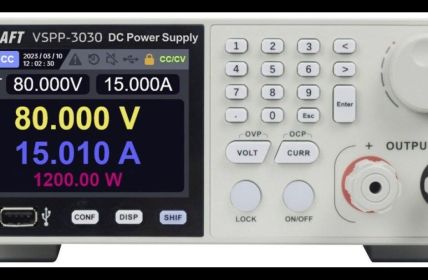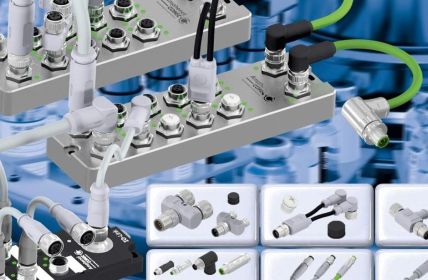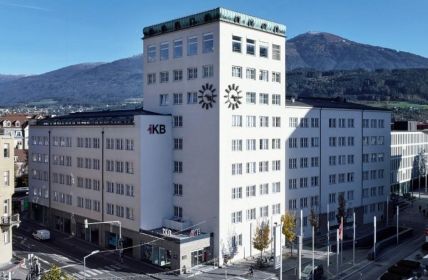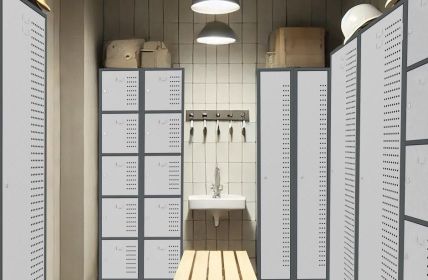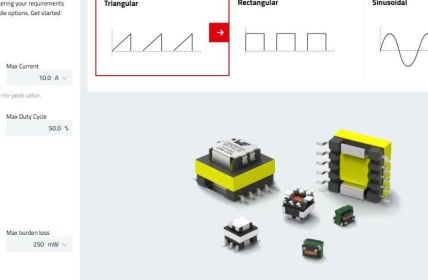Writing devices in the near-field area. The RFID provider provides hospitals, among others, with the necessary technology to ensure greater security in their facilities.
Table of Contents: What awaits you in this article
Hospitals: growing excessive demands
Hospitals today have a lot of potential for optimization in terms of their security, performance and services. Not only do they increasingly have to take on non-specialist tasks, such as providing primary care for unconsenting patients. Bureaucracy and on-site safety problems are also growing steadily.
Hygiene issues
Hospitals tend to be havens for deadly germs due to increasing congestion and diversity of visitors. Every year, about 30,000 people in Germany die from infections contracted in hospitals. Experts even assume that the number of unreported cases is at least 50,000. The reasons for this can be found above all in the often too tight schedules on site. Fewer and fewer staff have to take care of more and more patients and tasks at the same time.
Proper medical histories and compliance with hygiene regulations fall by the wayside. Under normal circumstances, patients would be screened for infections upon admission and equipment used would be properly disinfected. Instead, however, multi-resistant germs (MRSA) are increasingly spreading and there are fewer and fewer therapies against them. Personnel specially trained for this purpose are either completely absent or are deployed elsewhere.
Treatment errors
Another problem that is increasing in hospitals is that of treatment errors. Improperly filed operation plans, incorrectly dosed medications, or mixed-up laboratory results repeatedly lead to dramatic wrong decisions. These conditions can also be attributed to time, staffing and equipment problems. Overtired physicians from double or triple shifts and overworked nursing staff are naturally less efficient than employees in facilities with a healthier staffing ratio.
Data protection breaches
Data protection problems are also part of everyday life in hospitals. Patients often have to live with the fact that anyone who happens to be in the vicinity of their records can simply take a look at what is often their most intimate information. Changing doctors with completed or ongoing training can get an impression of the patient’s condition at any time, even for research purposes, without the patient’s prior consent. Nurses have access to personal data in digital or paper form day and night, as do cleaning staff.
Elatec: HF RFID as a solution to many problems
Elatec now offers solutions to many of these beleaguered medical institutions with its HF-RFID technology. By using near-field technology, hospitals are not only able to provide better patient care. They are also able to ensure compliance with hygiene regulations and the smooth supply of therapeutic agents.
UV-Concepts: More hygiene through monitoring
UV light has long been proven to be an effective tool against germs. But the best technology is of little use if it is not used accurately. That’s why Elatec has developed UV-Concepts, an RFID solution that can not only monitor compliance with hygiene regulations. It also determines whether the person using the technology is even authorized or qualified to do so and is using it correctly.
The information read from the object to be cleaned, its cleaning device and the staff’s key card is transmitted to a platform that logs these processes in a way that can be traced by anyone. This cycle is made possible by RFID badges, Bluetooth tags on people and equipment, and matching readers.
Better management through RFID
RFID solutions can also be used to deal with the multitude of problems in clinical administration. For example, mixed-up lab results, medications or diagnoses could soon be a thing of the past if all the equipment and users involved are equipped with readable barcodes.
This applies to patient records, doctors’ instructions, values obtained in the lab, utensils used in the process, as well as the users themselves. If every step in this investigation can be digitally traced at any time, the developers are convinced, errors in this chain will become increasingly unlikely.
RFID: Data protection improvements
To ensure that the data generated here is less likely to fall into the wrong hands in the future, Elatec has devised a system that only grants access to sensitive files to truly authorized persons. To do this, everyone who wants to access the records must identify themselves several times using RFID applications.
This even applies to printouts of digital records. For example, every doctor, administrator or nurse must first use an HF reader connected to the printer before they can perform any further work steps. Only certified RFID badges or smarthone applications allow access to private information here.



